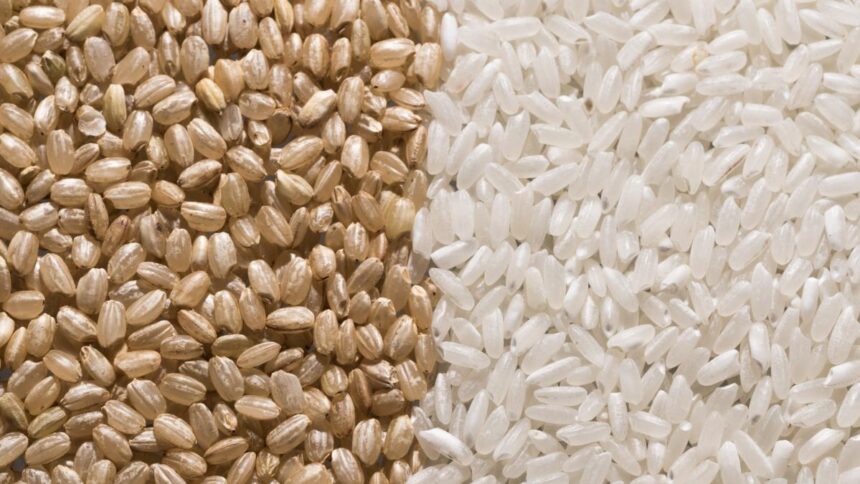Rice consumption in Spain continues to rise steadily, with 47% of the Spanish population including it in their households throughout the year, according to data from the Ministry of Agriculture, Fisheries, and Nutrition in Spain. This trend is strongly associated with traditional dishes like paella or Mediterranean diet staples, highlighting its perceived health benefits.
Indeed, rice is a low-fat cereal and a significant energy source that contributes to intestinal regulation and is rich in complex carbohydrates. However, in recent years, its consumption has also drawn attention from experts due to its arsenic content.
Addressing the concern over whether rice is a healthy and advisable food in the daily diet, the Organization of Consumers and Users (OCU) has provided insights into the healthiest supermarket rice brands in Spain.
Understanding Arsenic in Rice
In recent years, numerous food safety experts have raised alarms about the presence of arsenic in rice. Arsenic, a toxic compound, can be found in varying degrees in this cereal depending on its variety.
Recommended by Green Card registration ends on November 7 Green Card registration ends on November 7 globalusagreencard.org
Arsenic is a naturally occurring toxic element in the environment, resulting from various geological processes such as rock erosion or volcanic activity, as explained by experts from the Spanish Agency for Food Safety and Nutrition (Aesan). Additionally, human activities, such as atmospheric pollution or the use of fertilizers, herbicides, and pesticides in crops, can also increase arsenic levels in soil and consequently in plants that absorb it, such as rice.
Furthermore, a study published in the journal Ecotoxicology and Environmental Safety by British researchers has highlighted the arsenic issue in rice. According to this research, in 28 out of 55 rice samples analyzed and acquired from British supermarkets, inorganic arsenic levels exceeded the limits set by the European Commission.
An interesting detail from this study is that brown rice, known for its higher nutritional value due to its whole grain, also contains higher levels of arsenic. Researchers suggest that this is because arsenic tends to accumulate in the bran, which is accessible to arsenic through irrigation water in rice fields. Conversely, white rice, which is less nutritious due to the refining process, contains less arsenic.
Health Risks Associated with Arsenic in Rice
Among the different arsenic species that can be found, inorganic arsenic is the one studies have associated with carcinogenic and genotoxic effects. Some studies, as also pointed out by Aesan, indicate that chronic ingestion of inorganic arsenic through diet or drinking water is associated with an increased risk of various diseases such as skin, bladder, or even lung cancers.
Despite the increasingly concerning effects of arsenic in rice, several scientific studies also warn that the risk is higher for rice grown in Asia and America due to water and soil characteristics. In contrast, the problem may not be as concerning in European and African rice.
In fact, to prevent health problems in Europe, measures have been taken since 2016, and the amounts of arsenic that rice can contain have been specified. According to EFSA, the maximum amount of arsenic would be between 0.3 and 0.8 μg/kg of body weight per day. This means that to exceed the limit, a person weighing 60 kg would have to consume approximately 95 g of brown rice per day.
This risk is increased for children since many cereals, porridges, and foods made for children are rice-based.
Top Rice Brands Recommended by OCU
Among the recommendations to opt for rice of Spanish origin and therefore with less arsenic content, as well as controlling daily quantities (1 or 2 times a week) or soaking it before use, it is important to consider the three supermarket rice brands highlighted by the OCU as the most recommended:
Calasparra rice: This type of round grain rice originates from Spain and is highly appreciated for its suitability in traditional paella preparation. La Fallera brand: It has also gained renown for its high-quality rice and versatility in various culinary recipes. SOS: This is another well-known brand for its top-quality rice in Spain. A rice that provides versatility in cooking and is of high quality.











